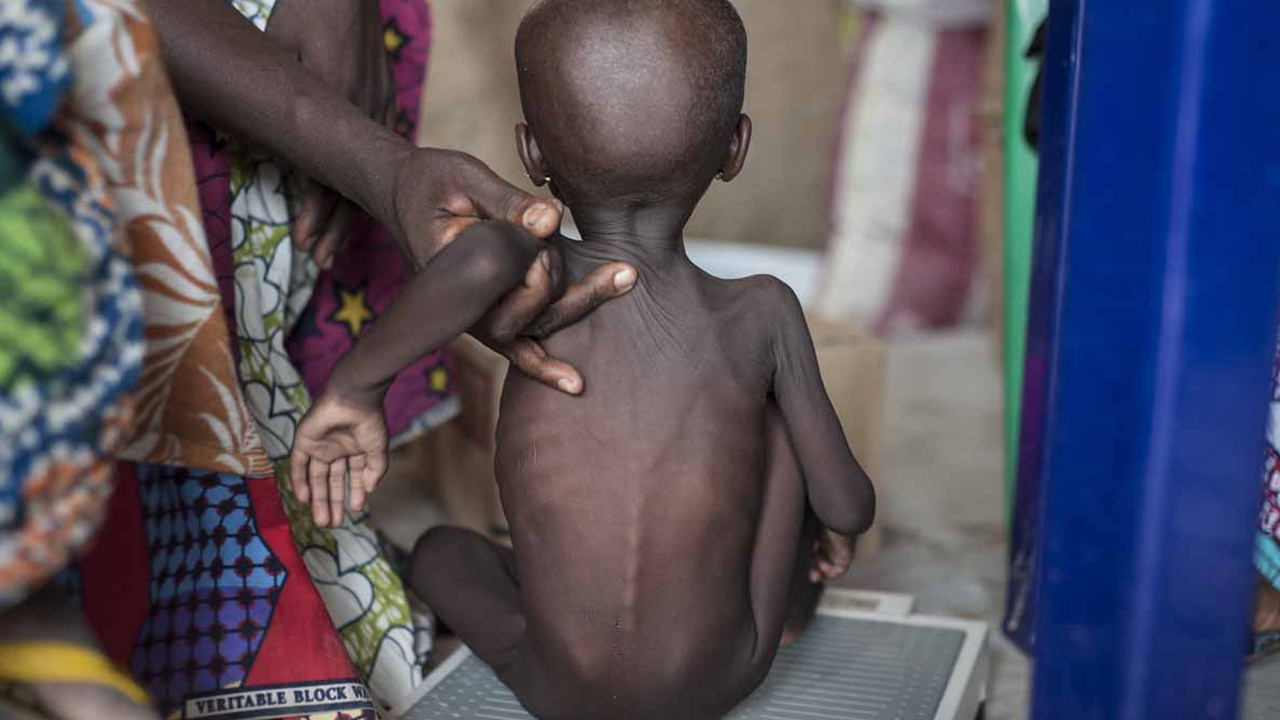Just before the end of 2024, a sobering report by the humanitarian medical organisation, Médecins Sans Frontières (MSF), also known as Doctors Without Borders, highlighted an alarming escalation in malnutrition levels in Katsina State. The survey, conducted on over 2,000 children across the local government areas of Katsina, Jibia, and Mashi, in collaboration with Epicentre and the Katsina State Government, painted a grim picture that levels of global acute malnutrition had doubled in some areas since the previous year. It showed that a major malnutrition crisis was underway, with over 30 per cent of children suffering from Global Acute Malnutrition, and in some areas, Severe Acute Malnutrition.
These figures are not only disturbing but also serve as a stark reminder of the dire consequences of malnutrition, even in the face of significant interventions by federal and state governments in collaboration with international bodies.
The Nigerian government has made efforts to tackle malnutrition, notably through initiatives like the Accelerating Nutrition Results in Nigeria (ANRiN) programme, which is supported by a $232 million World Bank loan. However, reports of alleged mismanagement and misuse of funds intended for the initiative have led the House of Representatives to launch an investigation into the programme’s execution.
In September 2024, the Katsina State Government, in partnership with UNICEF, announced a substantial procurement of 7,000 cartons of Ready-to-Use Therapeutic Food (RUTF), worth N400 million, to aid about 8,000 children suffering from severe malnutrition. The fact that malnutrition rates have continued to rise, despite interventions, signals a much deeper and more complex problem. Beyond allegations of corruption at the implementation level, there are worrying reports that some women are selling, rather than feeding their children with the therapeutic food meant to reverse their condition.
In medical terms, malnutrition is a condition that arises when a person’s nutritional intake is either deficient, excessive, or imbalanced. It includes a broad range of conditions, from stunting and underweight to micronutrient deficiencies and obesity. In Nigeria and several countries of the global south, malnutrition is associated with deficiencies in nutrition that lead to stunted growth and underweight among children under five. Severe Acute Malnutrition is capable of impairing the intellectual capacities of children for life, and UNICEF says it is the major killer of children under five years.
What is happening in Katsina, however, is not an isolated case. Across Nigeria, the situation is equally dire. The country is currently ranked as Africa’s malnutrition capital for children, and the second worst globally. This sad and embarrassing ranking is compounded by Nigeria’s underutilised arable lands and large unproductive human population.
One of the biggest challenges in tackling malnutrition in Nigeria lies in the country’s escalating security crisis. In many rural areas where agriculture is the backbone of the economy, violence perpetrated by bandits and other armed groups has left millions displaced. Farmers have either abandoned their farmlands due to the threat of violence or have been forced to sell their lands and other properties to pay ransom to kidnappers.
The insecurity, coupled with a rising cost of living crisis and the impact of climate change, is pushing more and more families into a cycle of hunger and poverty.
Therefore, to address the root causes of malnutrition, we urge the Nigerian government to ensure security in the hinterlands, as a secure community is essential for farming and food production. At the same time, Nigeria’s vast arable lands and huge population could be its greatest asset in the fight against malnutrition. Countries like China have successfully leveraged their large populations to create economic opportunities for their people in agriculture. But for Nigeria to replicate this success, it requires a concerted effort to improve security, empower the country’s young population with the skills, resources, and opportunities to become productive, as well as improve rural infrastructure.
The situation in Katsina should serve as a wake-up call for the entire nation. Malnutrition is not just a localised issue but a national emergency that requires urgent action in order to save the future of our children.
The Nigerian government, international partners, and local stakeholders must work together to address the multifaceted causes of malnutrition, from insecurity and poverty to poor governance and inadequate nutrition programmes. A robust data system to track the distribution of nutritional support like RUTF, must be put in place to ensure the therapeutic food is not diverted and sold.

 Join Daily Trust WhatsApp Community For Quick Access To News and Happenings Around You.
Join Daily Trust WhatsApp Community For Quick Access To News and Happenings Around You.


